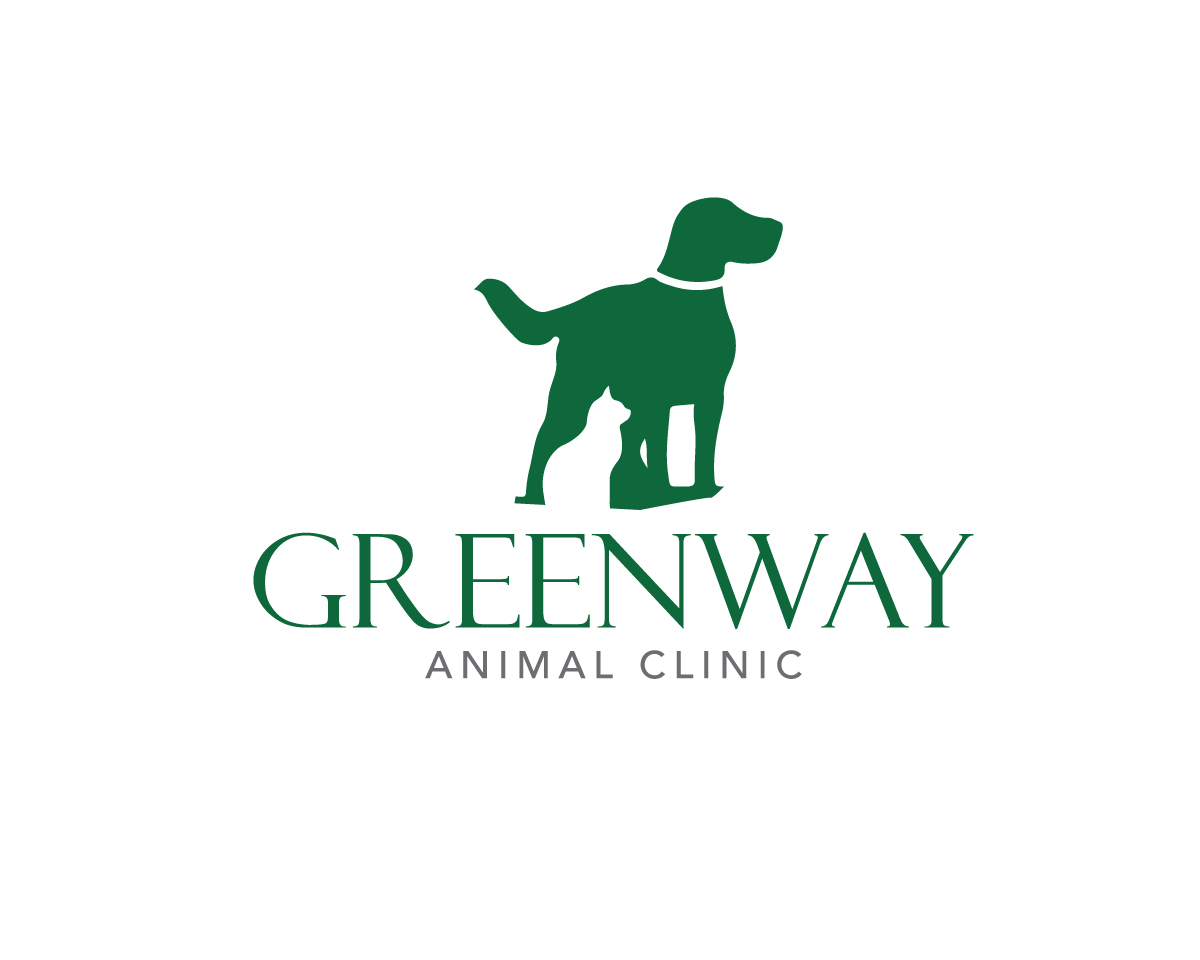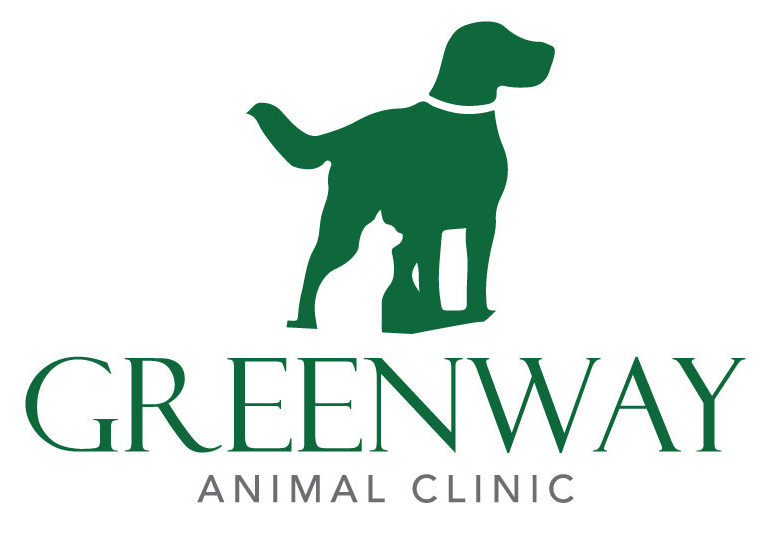Pet Health Library
-
Neuroendocrine cells produce rare tumours (carcinoids, Merkel cell tumours and neuroendocrine tumours). In general, the tumours are slow growing but will eventually spread (metastasize) to other parts of the body.
-
Chemodectomas are tumours of the chemoreceptors. They include both benign (non-spreading) adenomas and malignant carcinomas.
-
Neutering, or castration, offers a number of advantages, especially if performed at an early age (6-9 months). Following puberty, at approximately 8-9 months old, the male cat develops a number of often undesirable behavioural changes.
-
Neutering removes the sexual urge from both dogs and bitches. It can be carried out surgically when it is irreversible.
-
Most male animals (stallions, bulls, boars, rams and tom cats) that are kept for companionship, work, or food production are neutered (castrated) unless they are intended to be used as breeding stock.
-
Nicergoline increases the blood flow to the brain. It is used in older dogs to improve age-related disorders such as dullness and lethargy.
-
Nimesulide is a non-steroidal anti-inflammatory agent used to relieve pain and inflammation. Your veterinary surgeon may prescribe nimesulide to reduce pain in arthritis.
-
Nitenpyram is used for the control of the fleas on dogs and cats. It kills adult fleas. You may also need to control the larval stages of fleas in the environment.
-
Nitroscanate is used to control roundworms and some types of tapeworms in dogs. Your veterinary surgeon will advise a deworming programme for your pet.
-
Nizatidine is used for stomach or intestinal ulcers. Reduced gastric acid production allows an ulcer to heal. Nizatidine has also been used to treat gastritis and other reflux and hypersecretory conditions.

